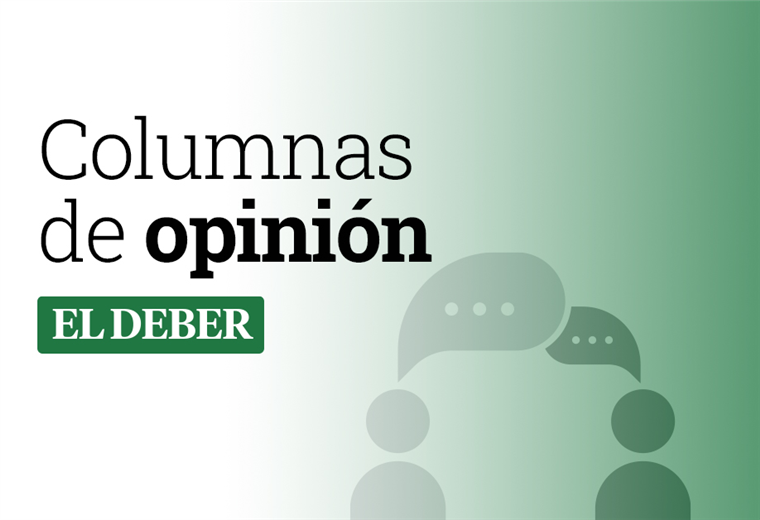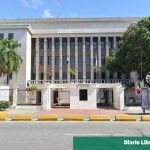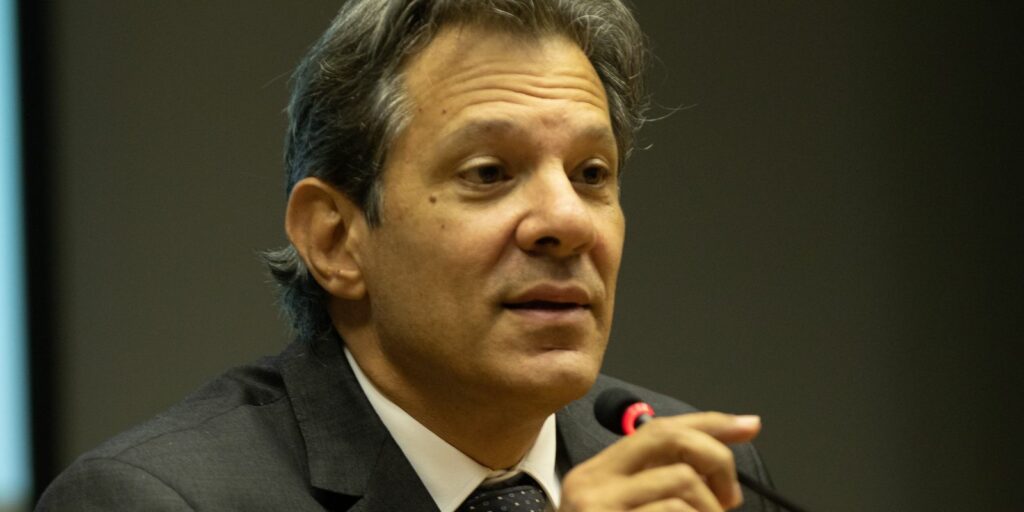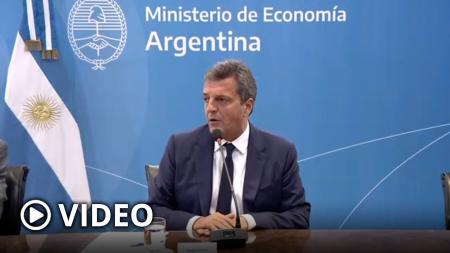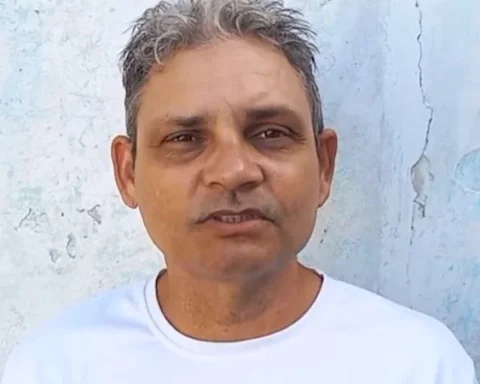March 7, 2023, 4:00 AM
March 7, 2023, 4:00 AM
During the year 2022 Bolivia reached a record of exports, $us 13,586 million, with a significant growth in non-traditional exports, which reached $us 3,872 million. Imports for their part were also very high and reached $us 13,049 million, achieving a trade surplus of $us 603 million. Faced with the concerns of recent days about the availability of foreign currency for importers and the public, we must ask ourselves what are the spaces that the national economy has to generate more foreign currency and preserve confidence in the currency and the national economy. The balance of foreign trade is essential for this analysis, but it is not the only space to look for the answers to generate the foreign currency that the national economy needs.
In the formal economy foreign currency enters from exports, remittances from Bolivians who migrated to other countries and external credits. Also, they could enter foreign currency from foreign investment, but it has decreased considerably in recent years. At the same time, foreign currency comes out for imports, payment of the external debt, payment for external services and transfers abroad for remittance of profits or the search for external places for the savings generated in the country.
In the field of exports, positive news is combined, such as the growth in the value and volume of non-traditional exports, which went from $us 2,717 million in 2021 to $us 3,872 million in 2022, with other negative news. such as the decrease in income from hydrocarbon exports, which, although they increased in relation to 2021, only reached $3,000 million, half of what was sold in the best years of the past decade. The volume of hydrocarbons exported was practically similar in 2020 and 2021, so the higher income was due to international prices.
In imports, we rose from $us 9,618 million, in 2021, to $us 13,049 million, in 2022, standing out diesel and gasoline, which together amount to $us 4,231 million. In fuels and lubricants, the import amount rose from $us 2,250 in 2021 to $us 4,365 in 2022, which means an increase of $us 2,115 million from one year to the next. Just to have an idea of what this amount of imports means, the highest import of the previous 20 years was that of 2014 with $us 10,674 million. In 2021, higher imports derived from the post-pandemic economic recovery, the increase in international prices and the increase in energy imports due to the fall in national production were combined.
On the other hand, in the informal economy, foreign currency enters from the commercialization of products linked to illegal activities, which are generally channeled towards smuggling, so these dollars generally end up in neighboring countries from which the informal trade acquires various products of massive consume.
Additionally, we have the state factor that generates pressure on international currency reserves with imports destined for public companies that have built expensive industrial plants that are not generating foreign currency or achieving a positive cost/benefit ratio.
What to do in this situation. First, try to preserve the confidence of the population with clear messages and policies consistent with the current economic situation. It should not be forgotten that the economy does not obey only rational calculations, but, as numerous studies have shown, the expectations of economic actors are transcendental for their decision-making and when they are frustrated, problems multiply.
The second thing is to prioritize the sectors with the capacity to react in the short term to generate new foreign currency from non-traditional exports and give them the necessary freedom and conditions to develop. Finally, develop clear strategies to reduce the outflow of foreign currency due to the deficit and public debt, as well as attract investment for traditional sectors such as hydrocarbons and mining, with legal and tax frameworks that are competitive with the conditions offered by other countries.
